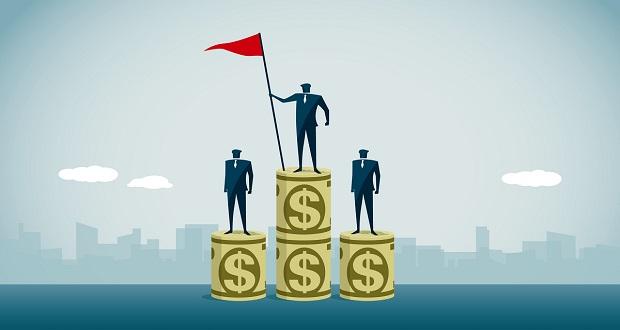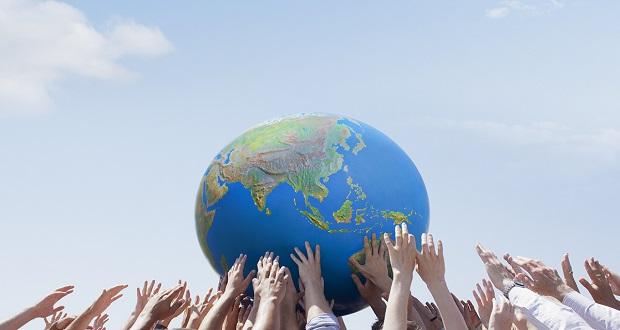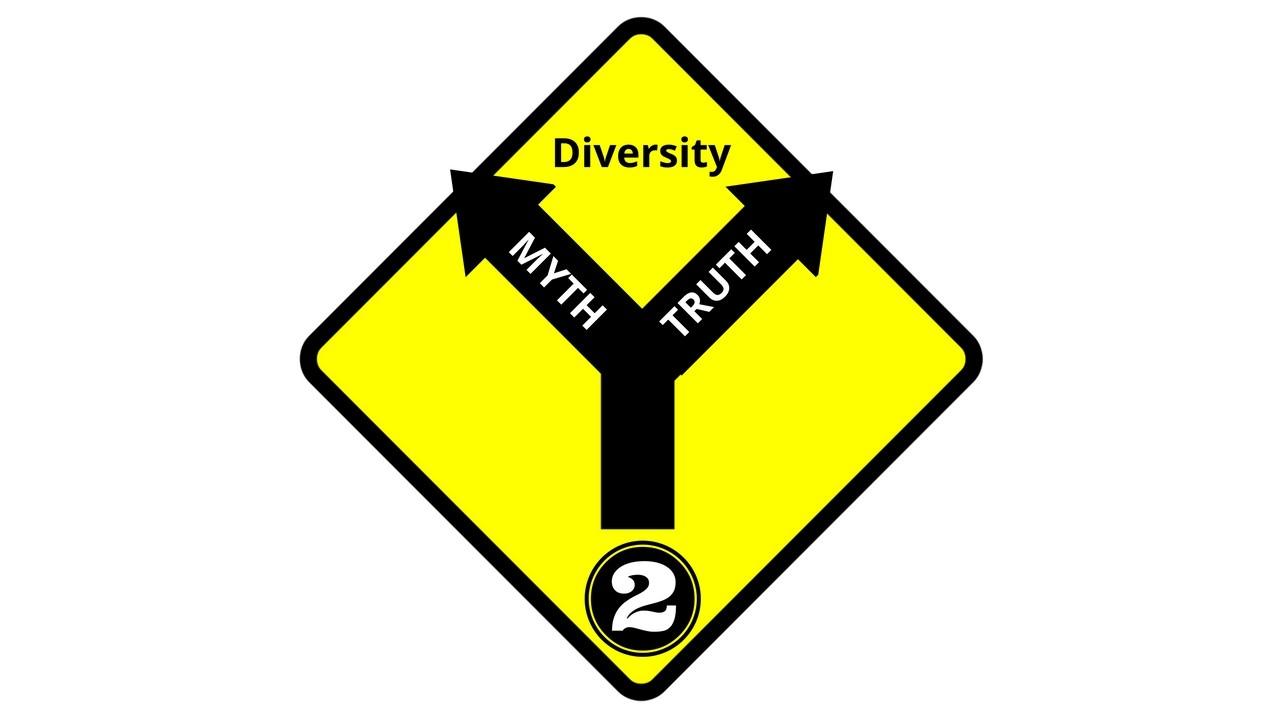
“Power Corrupts. Absolute Power Corrupts Absolutely.” — Lord Acton
We have been hearing a lot about corruption among the powerful over the past two years since Donald J. Trump was elected president of The United States. Corruption at all socio-economic levels exists and is not new. It has been happening since the beginning of time. I used to think that the powerful were no more likely to cheat and lie–only that we heard more about them because of their fame. I believed this until I started to do some research on power. I want to talk about power, wealth and privilege in the context of our work as DEI practitioners—with the backdrop of a few recent incidents which demonstrate why our work is so challenging.
There is a growing body of research that shows that powerful, wealthy people are more likely to think that they are above the law. According to researchers from Columbia Business School, “wealth and power strip people of their inhibitions, increase risk taking and feelings of entitlement and invulnerability. At the same time, power makes people less empathetic and able to see others’ perspectives.” Other research has shown that wealthy people are more likely to cheat on their taxes and romantic partners and are more likely to shoplift. Interestingly, higher income people also give less proportionately to charity than lower- and middle-class people.
Research by Dr. Sukhvinder S. Obhi, et al. goes as far as to say that power changes the way the brain responds to others. In their studies of brain wave changes, they found that powerful people are more apt to stereotype, less likely to listen to the perspectives of the less powerful, and less empathetic. They concluded that this could explain the tendency for the powerful to neglect the powerless.
We continue to see evidence of the impact of power as we watch the Trump administration show a total lack of empathy, blurt ridiculous stereotypes about different cultural groups, tell outright lies and use privilege for personal gain. We have also seen this play out in the last few weeks with the Manafort sentencing and the exposure of the college admissions scandal, where wealthy parents illegally bought their offspring’s acceptance into prestigious schools.
Concerning the admissions scandal, we know that this type of thing has gone on for years, usually veiled as large donations or legacy admits, but in this case, parents literally cheated and lied. Is this how affirmative action works for rich people? There is ongoing controversy about affirmative action for the historically underrepresented being wrong because, opponents would argue, it gives preferential treatment and is antithetical to the idea of a meritocracy. (Even with affirmative action, the percentages of black students admitted to “prestigious” schools has not increased much in 3 decades according to an analysis by the New York Times.) I get really riled when I hear talk of a mythical “meritocracy” when there is so much evidence that it does not exist.
In Paul Manafort’s first sentencing earlier this month, where he could have received a prison term of up to 20 years, judge T.S. Ellis sentenced him to 3 years, based on an “otherwise blameless life.” By whose measure is it a “blameless life” to break the law over many years? Could it be that some very wealthy, powerful people interpret others like them with the same moral compass that they use for their own behavior? (And in turn, use a different evaluation for those who they do not see as “like them”? For example, the very same judge who sentenced Manafort sentenced Rep. William Jefferson, an African-American Congressman from Louisiana, to 13 years in prison for lesser white collar and public corruption-type offenses.) In Manafort’s second sentencing last week by a white female judge, she only gave him an additional 43 months for a total of 7 plus years—still much less than experts say the crimes would justify. A 2017 study from the United States Sentencing Commission showed that Black men who commit the same crimes as white men receive, on average, 20% longer prison sentences. Where is the equity?
Of course I don’t want to fall prey to stereotyping. In no way am I saying that all or even most powerful people are corrupt, lack empathy and are self-serving. However, we need to acknowledge that, according to psychologists who study this segment of society, the moral and ethical compass may be different for some such individuals.
So, what does this have to do with our DEI work? In short, DEI practitioners’ efforts focused solely on appealing to morality and fairness may be for naught with those who have the power to change systems.
DEI practitioners’ efforts focused solely on appealing to morality and fairness may be for naught with those who have the power to change systems. Click To Tweet“Power and privilege training” is very popular among some DEI practitioners, especially those who focus their work from a social justice lens. I typically object to defaulting to power and privilege training with people who have power and privilege—as well as with those who do not. In our noble attempt as DEI practitioners to try to help the “haves” understand what it is like to “have not,” we are hoping for understanding, empathy, allyship, and power-sharing. Yet, it has always been my belief that when we demonstrate inequities to people with power, the best we can hope for is sympathy. What real incentive do those who are privileged (i.e. have money and therefore power) have to share it? Research would suggest very little. Furthermore, people on the short end of the power spectrum often become “props,” in power and privilege training. In a recent high-profile example, Rep. Mark Meadows (R-NC) asked a black employee of the Trump administration to stand to prove that the president could not possibly be racist.
A popular experiential exercise called the “privilege walk” asks participants to line up and then move forward or backward based on a series of statements about their life experience (e.g. move forward if you were taken to art galleries or plays by your parents; move backwards if there was ever not enough money to buy food). This activity forces participants to confront the ways in which society privileges some individuals over others. It is designed to get participants to reflect on the different areas in their lives where they have privilege as well as the areas where they don’t. My concern about this is: then what? Those who are privileged are still privileged, and those who are not are still not; furthermore, they may feel embarrassed or humiliated by the exercise. Nothing has changed, and I maintain that, without additional compelling incentives, nothing will. Maybe even more importantly, even if the people who experience this training wanted to change systems, they are likely not among the ranks of those who can, and are left feeling guilty and helpless.
The point is that none of these efforts have moved the needle. Statistics show that the equity gap is widening. One of the reasons, from my perspective, is that many of those who hold the power have little real incentive to change the dynamic. The systems are designed to maintain the status quo. And too many of those in power will do anything in their power, including lie, cheat, and steal to keep it so.
So what are we to do? Throw up our hands in despair and give up? Not hardly.
- Educate in ways that can lead to individual, organizational, and systems change. One-off trainings in unconscious bias, or power and privilege, or any other popular DEI topic is woefully insufficient to effect real change. An ongoing developmental approach is necessary. Start with more fundamental topics: self-understanding and concepts that attempt to find common ground. One of the Winters Group’s grounding educational experiences called “Inclusion Starts with I and Happens with Us” attempts to do just that.
- Recognize that the people who have access to wealth and power to effect change may not have the incentives to do so. Consider that, according to research, they may have a different interpretation of fairness and justice, less capacity for empathy, and an increased sense of entitlement—rendering isolated exercises like the “Privilege Walk” useless for their learning.
- Combine moral and economic incentives to build a stronger case. While morality is certainly compelling for most, the research suggests that it may not be the right impetus for some in power. While social justice-focused practitioners may put less focus on economic incentives, those who practice DEI from a business lens might deemphasize the moral component; our work would do best to focus on the intersection of the two. Consider initiatives like the Buffalo-Niagara Partnership, The Cleveland Commission on Economic Inclusion and Vibrant Pittsburgh, all efforts to take a holistic approach to making the case that, when the lives of the historically marginalized are improved, the entire economy thrives. The Winters Group has several educational offerings that map the intersection of inclusion and social justice.
- Aim to change the power dynamic with a critical mass of ethical people who are capable of empathy and actions that serve others. We do see movement in government with the new Congress. It is the most diverse by race and gender in our history, and we are already seeing the impact of their voice. (Consider Rep. Tlaib challenging Rep. Meadows; Nancy Pelosi’s power; Alexandria Ocasio-Cortez’s impact). We also see progress in the business world with women and people of color in key leadership positions.
While there is reason to have hope, it is also important to recognize that sometimes, even when ethical individuals attain these positions, the systems to maintain the status quo are so entrenched that these individuals break before they can break the system. In addition, the newly-minted powerful need to understand the potential that their power has for changing their brain.
The bottom line is this: as DEI practitioners, we have to be more attuned to the psychology of power and develop education and interventions that demonstrate that understanding.
As DEI practitioners, we have to be more attuned to the psychology of power and develop education and interventions that demonstrate that understanding. Click To Tweet

















